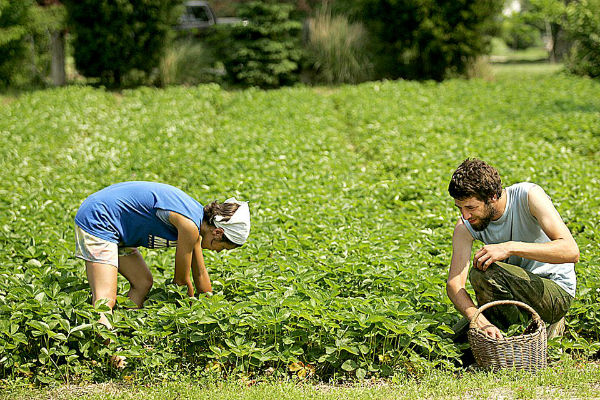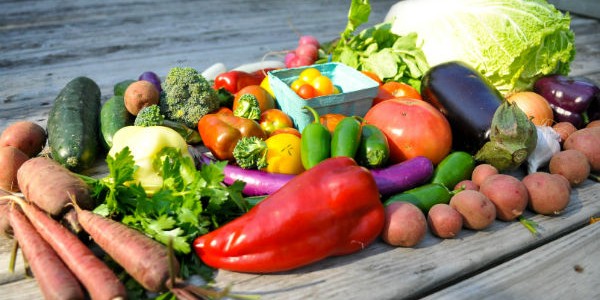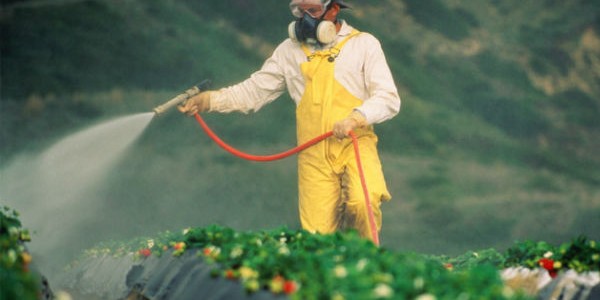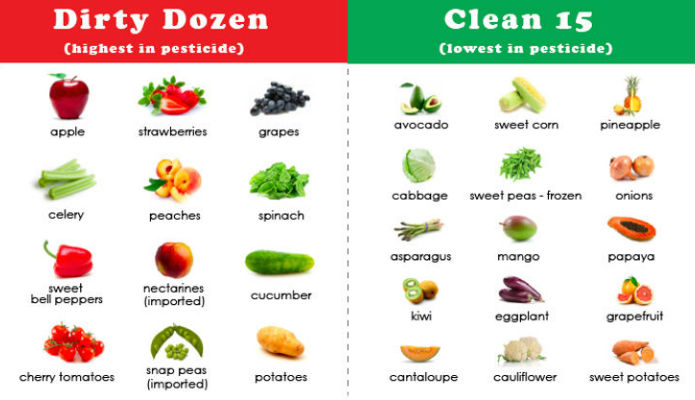Organic food is all the rage and it just sounds like a good idea. However, it can be more expensive and difficult to get, so many people question if it’s worth it. Spoilers: it totally is. Here are the ten best reasons to go organic.
1. They are more nutritious – Several independent studies have concluded that organic food is richer in nutrients than more traditional options. Organic produce has a higher content of antioxidants, vitamins and minerals like iron, calcium, chromium and magnesium.
2. They are better for children – Growing children need a healthy diet to help their brains and body develop correctly. This is why they need all the nutrients they can get. Besides, their growing bodies are more susceptible to toxins and other contaminants that come from pesticides and GMO crops.
3. They just taste better – Organic food is more flavorful than regular produce and the most important thing for a cook is to choose the right ingredients. All your dishes will taste better and you might even get your kids to eat broccoli without a fight.

4. It supports local businesses and families – Buying organic food from your local producers will help them create a livelihood and support their families. Your hard-earned money will go to someone working in their own farm and not to some big company’s pockets.
5. It reduces water pollution – Pesticides are one of the primary contaminants that pollute drinking water sources. According to the US Environmental Protection Agency, pesticides in produce contaminate the water source for half the American population. By buying organic, you reduce demand for pesticide-ridden food and, by extension, of pesticides.
6. It’s better for the earth – Locally grown organic food is the sustainable way to produce our food. Modern mass-agricultural practices are destructive on the soil and damage the environment in many parts of the world. Local farmers don’t need to raze the Amazon forest to get enough room to plant their produce.
7. It’s antibiotic and hormone-free – Organic meat does not contain the insane amounts of synthetic hormones, drugs and antibiotics that are common in traditionally produced meat. As a bonus, the animals are usually treated better and live in humane conditions.
8. It reduces your cancer risk – According to the US EPA, 90% of fungicides, 60% of herbicides and 30% of insecticides are carcinogenic. This means that most traditionally sourced food is potentially cancer-inducing or might increase the chance of developing abnormal cell growth.
9. It’s safer for farm workers – Research has shown that people regularly exposed to pesticides have a 70% higher chance of developing Parkinson’s disease. Local farmers that choose not to use pesticides do not carry this risk and are able to work in their farm without exposing themselves to unsafe conditions.
10. It protects local wildlife – Pesticides are designed to kill organisms. And even if they are “relatively safe” for animals and people, the truth is that contamination through pesticides is harming wildlife and destroying habitats around the world.


